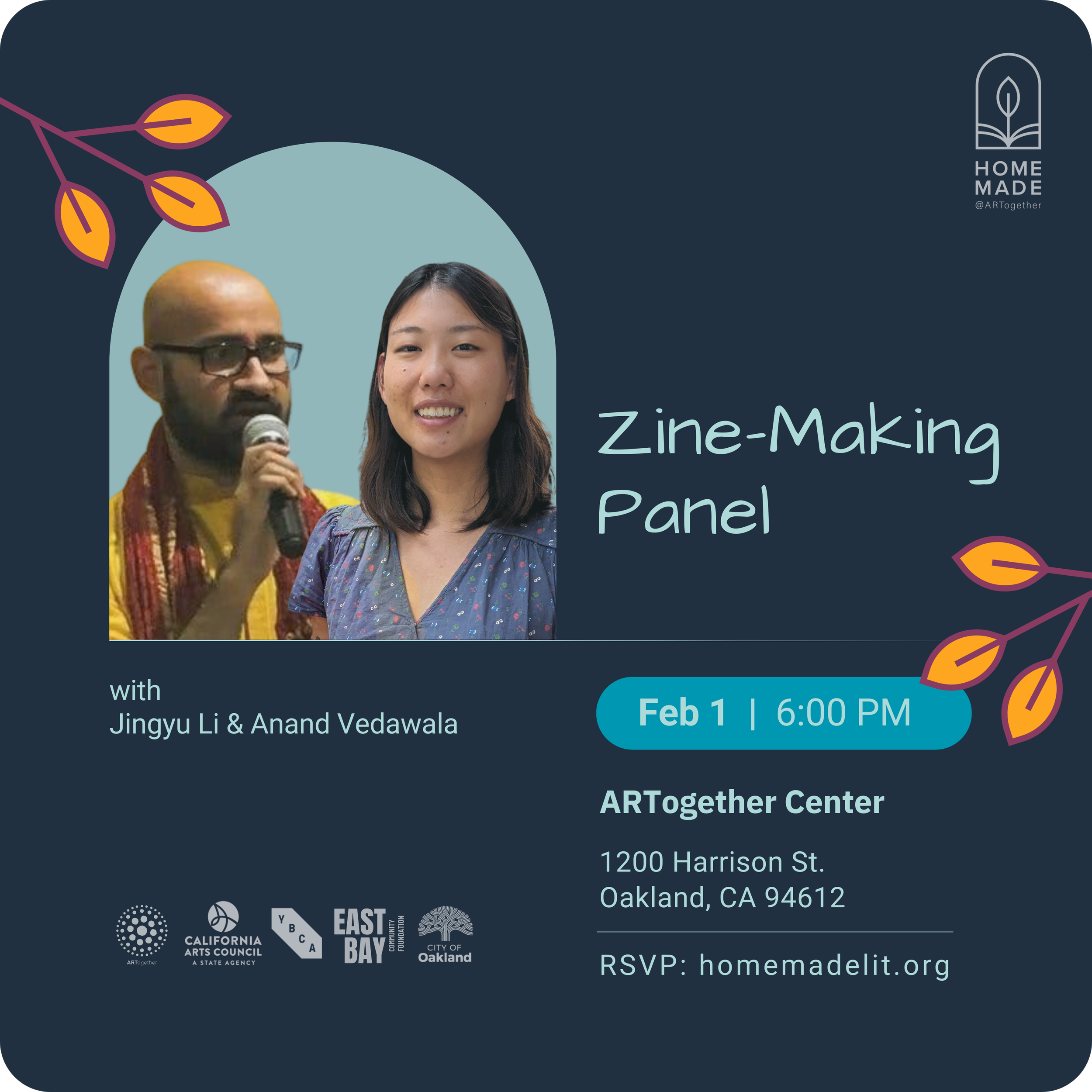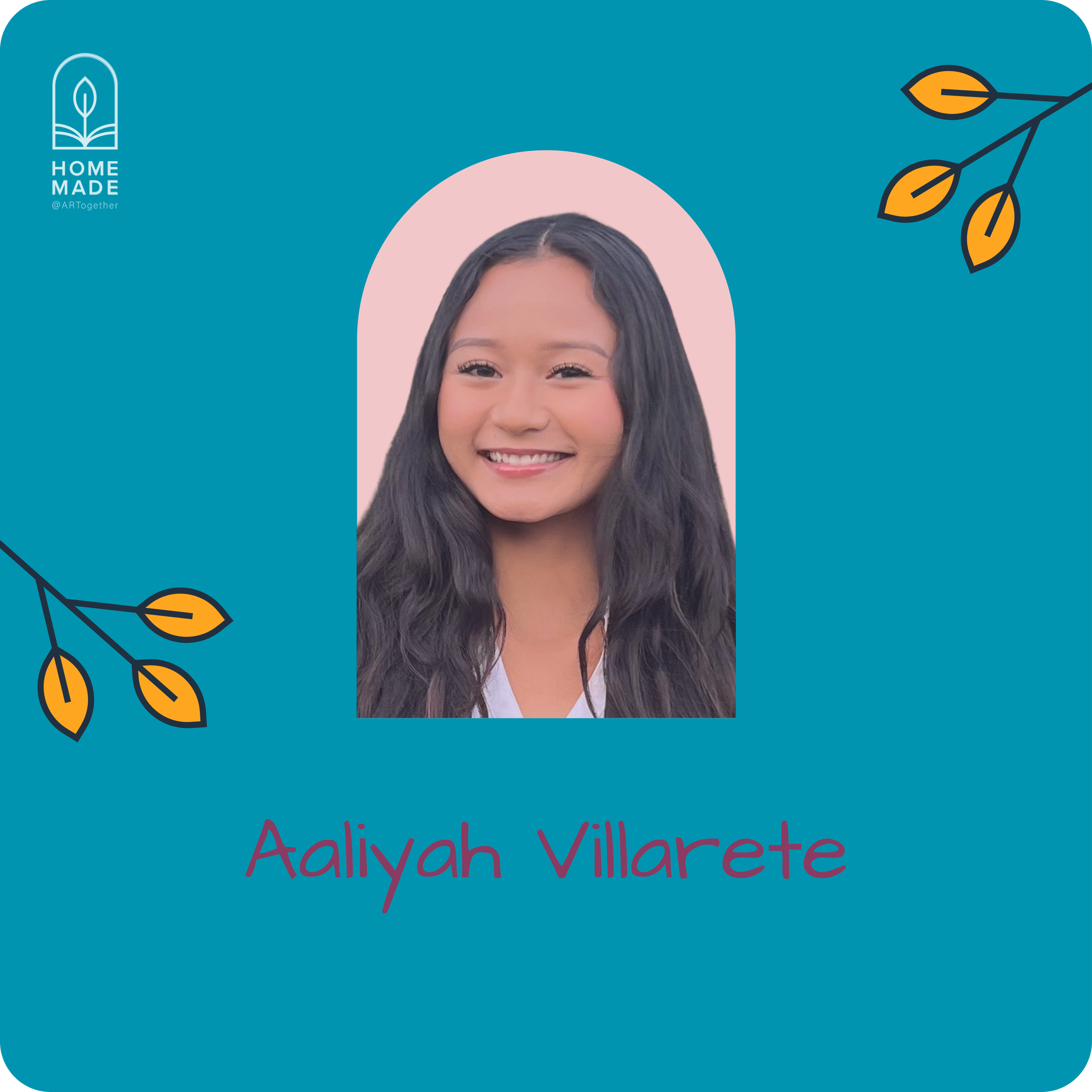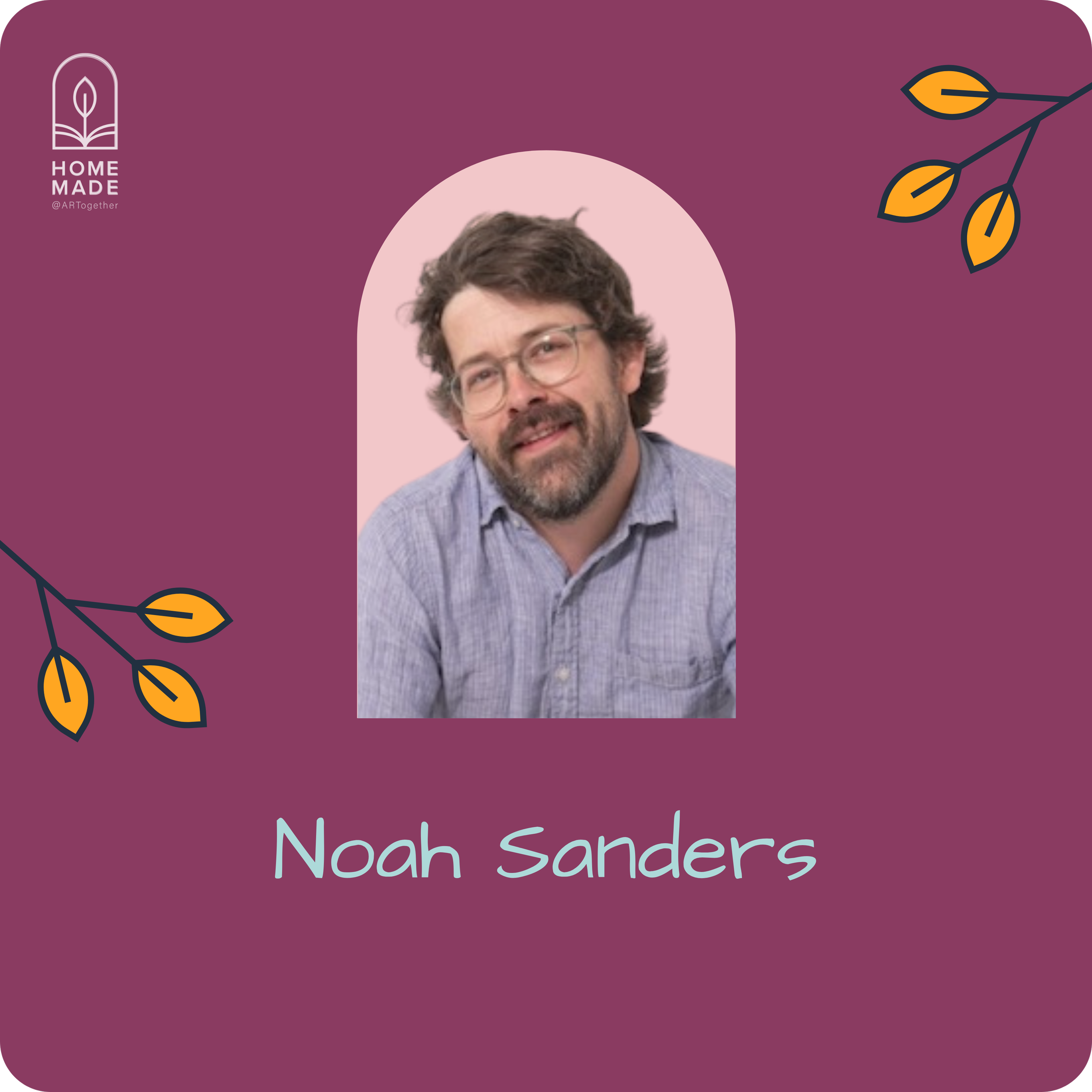Interview: JINGYU LI
HOME MADE: Hi Jingyu, you’ll be sharing your experience as a zine-maker in our upcoming panel. Before we get into that topic, I’d love to hear what you’ve been up to lately first.
JINGYU LI: This past year I’ve been a part of the Brooklyn Poets Mentorship Program, and through that I got to put together a poetry manuscript. It’s definitely not a finished work that’s ready to be shared with the world, but it’s been an exciting process, and it led to my decision to apply to MFA programs this year. I quit my tech job in September, and I’ve been taking this time to focus more on the writing. It’s been a time of transition for me and I’m looking forward to all the possibilities!
HM: That’s wonderful, good luck on the application! On this note of education, who or which books do your count as an influence?
JL: Recently I’ve been reading my friends’ manuscripts and they are very inspiring, but outside of that, Victoria Chang’s Obit is something I revisit a lot… Claudia Rankine’s Don't Let Me Be Lonely has been on my mind. Marie Howe came to our class a few weeks ago and I had just finished reading her first collection The Good Thief so that was super cool. I’m also rereading Louise Glück because I love how she works with different voices and subverts the assumption of the autobiographical.
HM: Since you’ll be speaking on our panel about zine-making, can you share more about how you started making zines?
JL: I literally hadn’t heard of zines until a few years ago when my friend Holly said they were going to a zine fest, and I was like OMG I loved making little books out of folded paper when I was a child, I can’t believe this is a thing! So then we decided to make our own. Our first one was in the theme of the lunar new year, it was the year of the tiger, and I remember us calling our parents and asking them all these things about the Chinese language. It was a lot of fun making these discoveries about the sayings that we’d hear every year but maybe not understood fully. And then riffing off of those and the idea of wishing each other abundance was a really interesting thought exercise.
HM: I think that was the first work I read of yours. I really dig that zine, the exploration of language and culture…
JL: Our second zine was more of a visual poetry project. I remember being in a workshop led by my friend Keith Wilson (his work is genius by the way, you should all check it out), and he’s a visual poet and encouraged me to experiment a lot with how things are laid out on the page. Monica Ong also does this amazingly. So I think Holly and I’s second zine was an experiment with treating the page as a physical space and figuring out what connections we could draw with lines and diagrams.
I think visual art, poetry, and zine making are all related and can exist within one project. I remember seeing an exhibit at Boston’s contemporary art museum and it was this whole cross medium room by Yu-Wen Wu documenting her immigrant experience, and I was like “wow, this is poetry”. There was this one part with English letters falling in front of a traditional Chinese-style painting that was frosted over, and I thought wow, these English letters look so foreign, and I think that was the point. This is all to say that I think language, visual art, sound, it all comes together to prioritize some experience, and other than my own limited ability, I wouldn’t restrict myself from any of these forms.
“Once I found community, it was easier to trust in the work. ”
HM: Can you take us back… to what led you to writing or art-making in the first place? And how you come to be the person and writer that you are now?
JL: I think initially it started with a desire to document, I was a very nostalgic child and I wanted to hold on to everything. I would journal a lot, and I would try to write down every single detail. I also liked to draw and paint, I liked music, and pretty much every form of emotional expression. But I wasn’t very good at most of these things and I think for a long time I was looking for the right form to work with. I started writing poetry and zine making mostly thanks to my friend Holly, we would send each other drafts and promise to work on projects together.
Once I found community, it was easier to trust in the work. Eventually I also discovered Brooklyn Poets, KSW, Kundiman, and met people who were going through similar uncertainties and transitions in their life. A lot of the people I met could relate to the immigrant experience of growing up in an environment where having a successful career was prioritized, which is understandable given our parents’ experiences, but it led to needing to renavigate the world for ourselves and undoing some of what had been drilled into our heads. I think now I write to understand the world and to find a way to live with the things that are hard to accept, there’s a lot of discovery.
HM: Continuing this thread, if you could go back to when your Younger Self was just starting out on this writing/artistic path, what would you say to that person?
JL: I definitely still feel like I’m just starting out, but I think getting over that mental block of what is seen as productive or a viable career is the biggest thing. Sometimes I feel this pressure to be good at what I do, which is something I’ve had since childhood, and then I have to remind myself that’s not why I’m doing this. Feeling the community and the generosity of the people around me has definitely changed how I approach living my life.
HM: What does home or home-making mean to you, esp in the context of the work/writing that you do?
JL: My brother who I’m very close to always says that he can never figure me out and that I have these weird coping mechanisms. I tend to retreat into my imagination and create a reality where things are easier to accept, and for me writing is another way of coping with the world.
My brother also writes and I get very emotional reading his stuff, because he tells it as it is, he recreates dialogue that hits me super hard, and I realized that I approach writing somewhat differently. I love the surreal, I love finding the bright redeeming spot that is sometimes off center. I was in a workshop once where we were exploring nests, how some birds dig into the mud, some collect pieces of trash, and they make this nest that is comfortable for them. I think that’s what I do.
Jingyu Li was born in Beijing, China. She immigrated to the states at the age of three and grew up in Wyoming with her younger brother. She graduated from Massachusetts Institute of Technology and currently resides in Santa Clara, California. Her poetry appears in Rust & Moth, Palette Poetry, Okay Donkey, Humble Pie Mag, and was longlisted for the 2023 Frontier Poetry Hurt & Healing Prize. Her zines in collaboration with her friend Holly Zhou have been featured at SF Zine Fest, Kearny Street Workshop’s APAture, Bluestockings Cooperative, Silver Sprocket, and Dog Eared Books. She loves dogs of all sizes and her favorite food is hotpot.





















